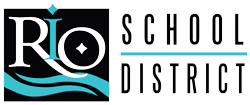Test Results, Learning, and Improvement
Last year was the first year California’s students took the new computer based SBAC test. Late this summer we received the results from the California Department of Education (CDE) and have been analyzing the data ever since. We look at various levels of the results and have been working to understand this baseline year information. In general, the results for the new SBAC reading test were similar to tests we use during the school year and to the former regime of state level standardized tests. The results for SBAC math, however, were lower than in previous years and on other assessments we use during the school year.
The CDE explains that we should not compare these assessment results to previous standardized results, still, we are tempted to do so. In examining this past year’s results we have noticed that the new SBAC math test seems to demand a higher level of English language proficiency in order to demonstrate student math knowledge and practices.
At Rio, we are most interested in learning, growth, and student engagement. Data from state summative testing is used for us to understand how our curriculum and instruction relate to the established California state standards. Formative assessments we use during the school year provide leaders and teachers with information about how student learning is progressing (growing). We use this information to adjust instruction and programs as needed.
Most importantly, we want children and teachers to understand that each child is an individual. They develop at different rates and in different ways. While test results can guide us by providing feedback about how children are learning, we also have many other ways to observe and engage with children’s development. Looking at children’s work is a great example of an opportunity for us to understand how a child is developing and also help us understand how we can help children with aspects of their learning challenges.
A child has their entire academic career to develop skills, practices, knowledge sets, and perhaps, most importantly, learn how to learn. We are dedicated to utilize test results and many other feedback from schooling to help each child achieve their full potential as learners.
BLOG CATEGORIES


